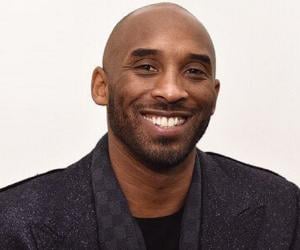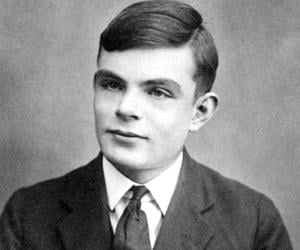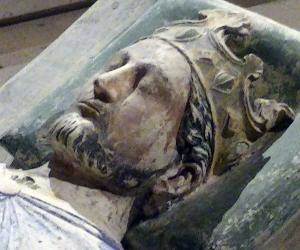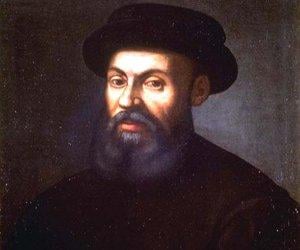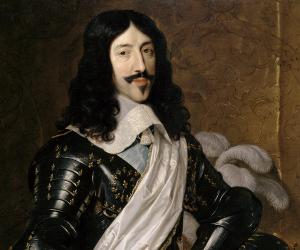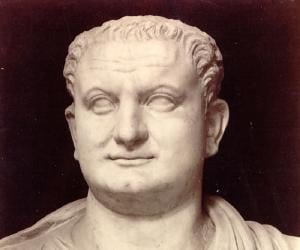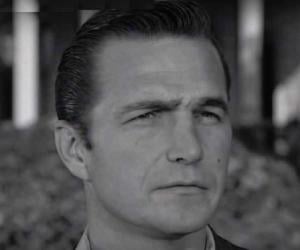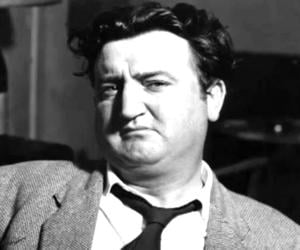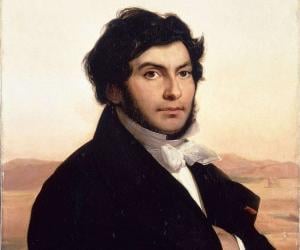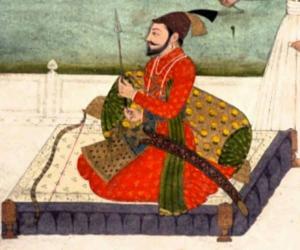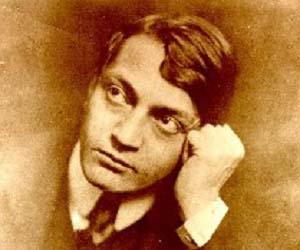The former professional basketball player, Kobe Bryant, was drafted into NBA immediately after his school and went on to become one of the most successful basketball players of his generation. During his career of two decades, the Los Angeles Lakers player created numerous new records. He authored a book and one of his poems even inspired an animated short film.
Regarded as the father of computer science and artificial intelligence, Alan Turing was a distinguished mathematician and logician. During WWII, he successfully broke the challenging German Enigma machine codes thereby reducing the duration of war by a couple of years. The scientist, who was convicted for being gay, has been an inspiration for numerous films, plays and novels.
Portuguese explorer, Ferdinand Magellan, is remembered for organizing the Spanish expedition to the East Indies from 1519 to 1522. A skilled sailor and naval officer, he was in service of the Portuguese crown in Asia. He was killed during the Battle of Mactan. The Pacific Ocean was often called the Sea of Magellan in his honor until the 18th century.
Louis XIII of France reigned as the King of France between 1610 and 1643. He is best remembered for saving the kingdom from the mismanagement of his mother Marie de' Medici, who was exiled by a 16-year-old Louis XIII. He is also credited with popularizing wigs among men, which had not been fashionable since antiquity.
Titus was the ruler of the Roman Empire from 79 to 81 CE. Before ascending the throne, he played a crucial role as a military commander, working alongside his father Vespasian during the First Jewish-Roman War. After becoming the emperor, Titus oversaw the completion of the Colosseum. His life and work are depicted in literature, paintings, and visual arts.
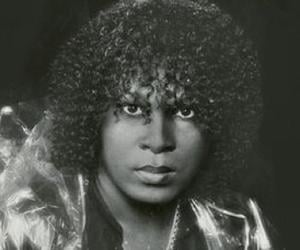
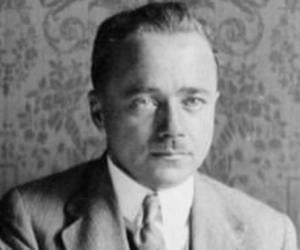
Engelbert Dollfuss was an Austrian politician best remembered for his service as Chancellor of Austria from 1932 to 1934. In 1933, Dollfuss assumed dictatorial powers after dissolving the parliament. He then went on to ban the Austrian Nazi Party and strengthened his own political organization, The Fatherland Front. Engelbert Dollfuss was assassinated by Nazi agents in 1934.
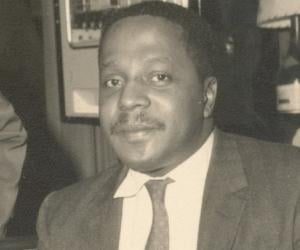
Jean-François Champollion was a French orientalist, philologist, and scholar. A founding figure of Egyptology, Champollion is credited with deciphering the Egyptian hieroglyphs, which paved the way for several research and studies in the field of Egyptology. Not surprisingly, Champollion is often referred to as the Founder and Father of Egyptology.
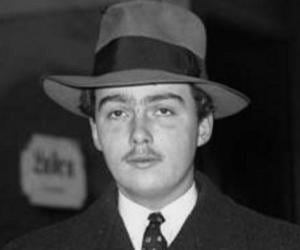
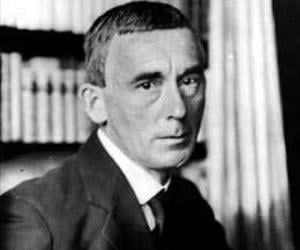
Author, poet and dramatist Hugo Ball was also a harsh social critic and a staunch pacifist. Known for his works like Critique of German Intelligence and The Flight from Time, he left Germany during WWI to settle down in neutral Switzerland, eventually becoming famous as the founder of the Dada movement and a pioneer in the development of sound poetry.
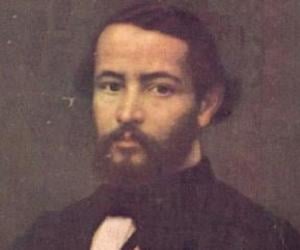
Gonçalves Dias was a Brazilian lawyer, poet, playwright, ethnographer, and linguist. A major figure of Brazilian Romanticism, he is credited with having composed Canção do exílio, often considered the best known poem of Brazilian literature. He was posthumously awarded the title of national poet of Brazil and is the patron of the 15th chair of the Brazilian Academy of Letters.
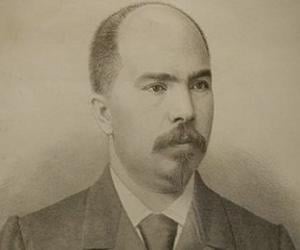
Stefan Stambolov was a Bulgarian journalist, revolutionary, politician, and poet who served as the Prime Minister of Bulgaria from 1 September 1887 to 31 May 1894. Counted among the most popular and prominent founders of modern Bulgaria, Stambolov played a key role during the Balkan Wars; he helped initiate the cultural and economic progress in Bulgaria.
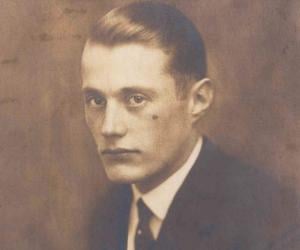
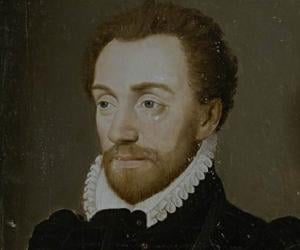
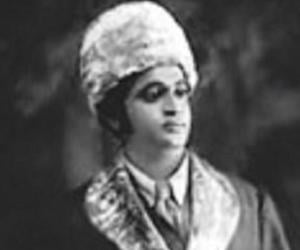
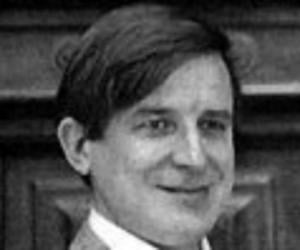
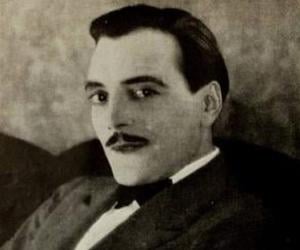
French comedian, filmmaker, and screenwriter of the silent-film era, Gabriel Leuvielle, better known as Max Linder, is remembered as the world’s first movie star. He is known to have influenced Charlie Chaplin. He also created his iconic character Max, beginning with The Skater's Debut, and played it in several comedies later.
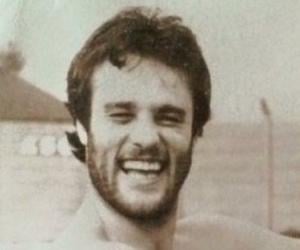
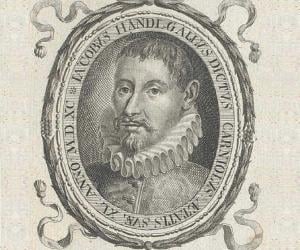
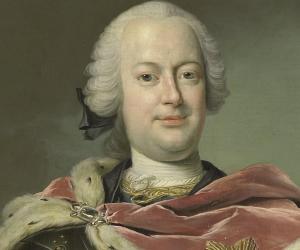
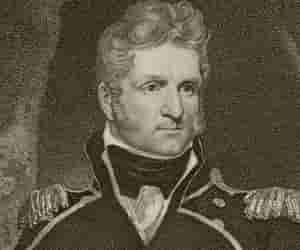
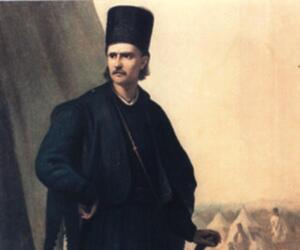
Romanian revolutionary leader and a national hero, Tudor Vladimirescu led the Wallachian uprising of 1821. Initially part of the Greek Friendly Brotherhood, to overturn the Turkish rule in the Balkans, he later formed his own Wallachian revolt. He was eventually executed on the orders of Greek nationalist politician Alexander Ypsilantis.
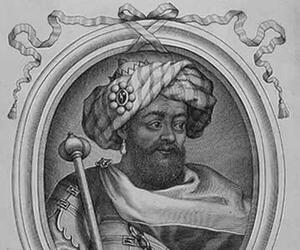

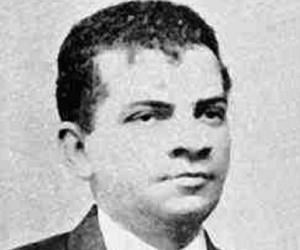
Brazilian author Afonso Henriques de Lima Barreto was one of the greatest figures of pre-modernism and also a talented journalist. Best known for his iconic novel Triste Fim de Policarpo Quaresma, he was a master of satire. He later suffered from serious bouts of mental illness.
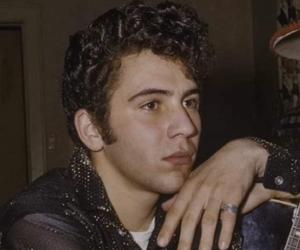

A 3-time World Champion, Mika Myllylä was a legendary Finnish cross-country skier who also had 6 Olympic medals in his kitty, including a gold. He also held a record 23 Finnish cross-country titles. His career was plagued by doping scandals, and he ultimately died in an accident in his apartment.
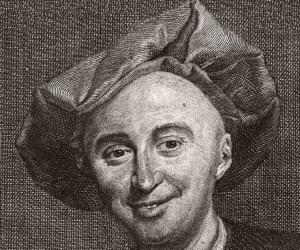
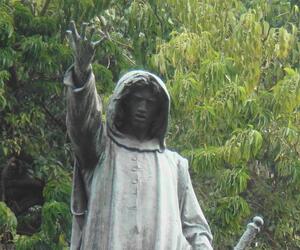
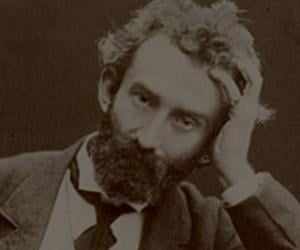
Russian explorer and anthropologist Nicholas Miklouho-Maclay was one of the first scientists to live with the indigenous community of New Guinea. Named the Moon Man by the Papuans for his ability to produce light through his lantern, he fought against slavery. He was idolized by both Russia and Australia.
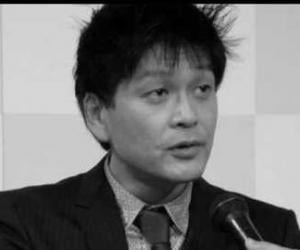
Endre Ady was a Hungarian poet and journalist. Widely regarded as the 20th century's greatest Hungarian poet, Ady is credited with introducing a new, modern style of poetry, breaking away from the folksy style of Sándor Petőfi, which was widely followed by Hungarian poets at that time. In 1947, a postage stamp featuring Ady's likeness was issued by Hungary.
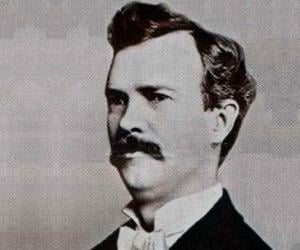

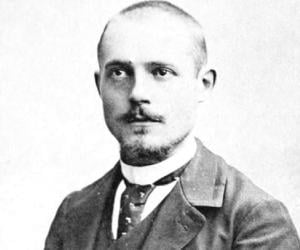
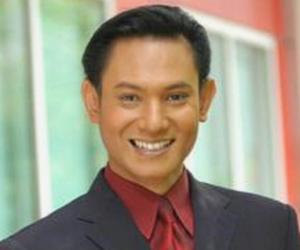
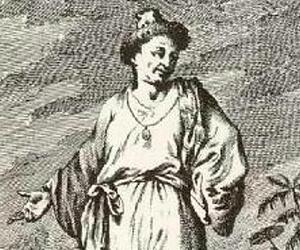
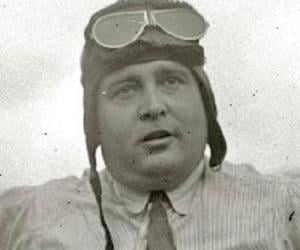
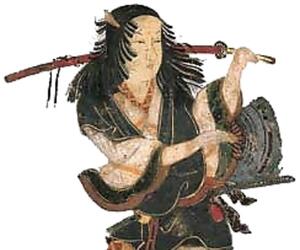
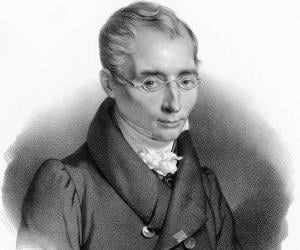
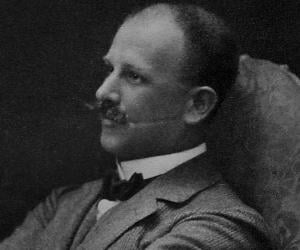
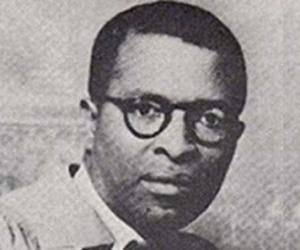
Zulu poet and novelist Benedict Wallet Vilakazi went down in history as the first Black from South Africa to earn a PhD. Initially a teacher, he assisted in compiling a Zulu-English dictionary and also spent most of his life in developing the Zulu language and research and teaching associated with it.
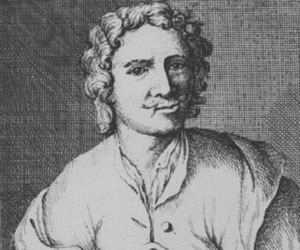
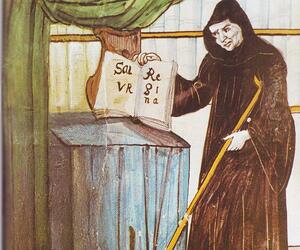
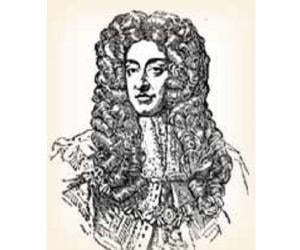
Scottish Quaker leader Robert Barclay is best remembered for his written work An Apology for the True Christian Divinity. His close friendship with James II, Duke of York, helped him secure the land of East Jersey for himself and his several Quaker friends who had been facing persecution back then.
